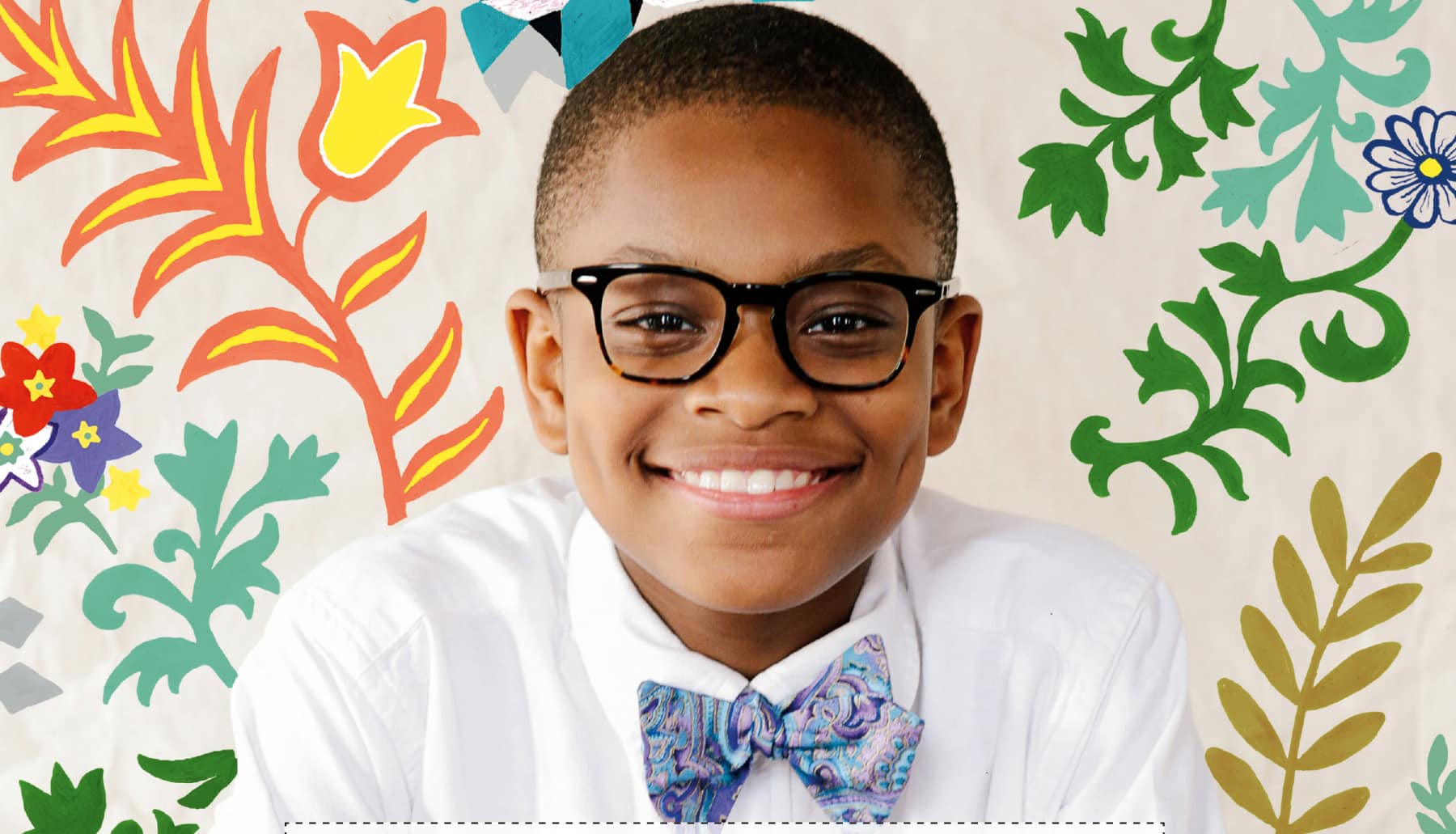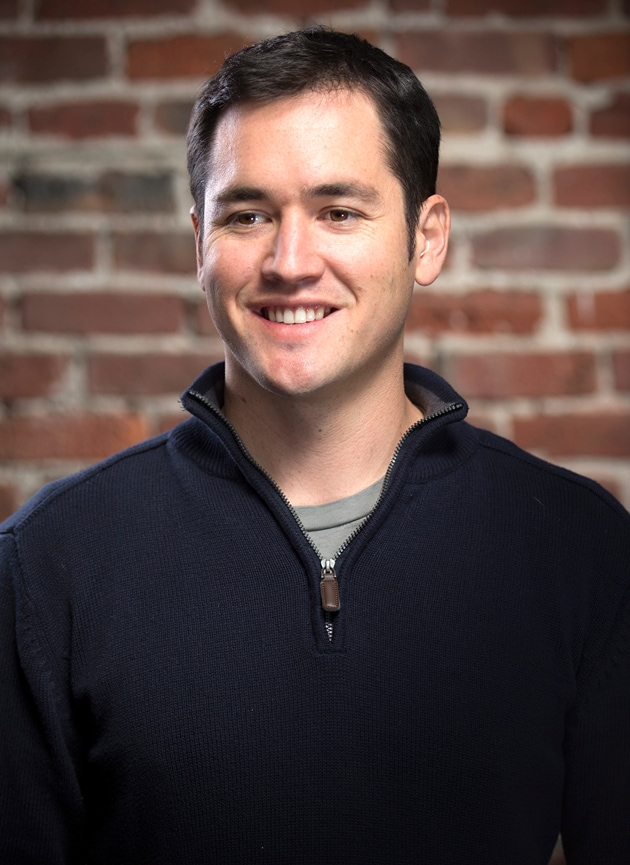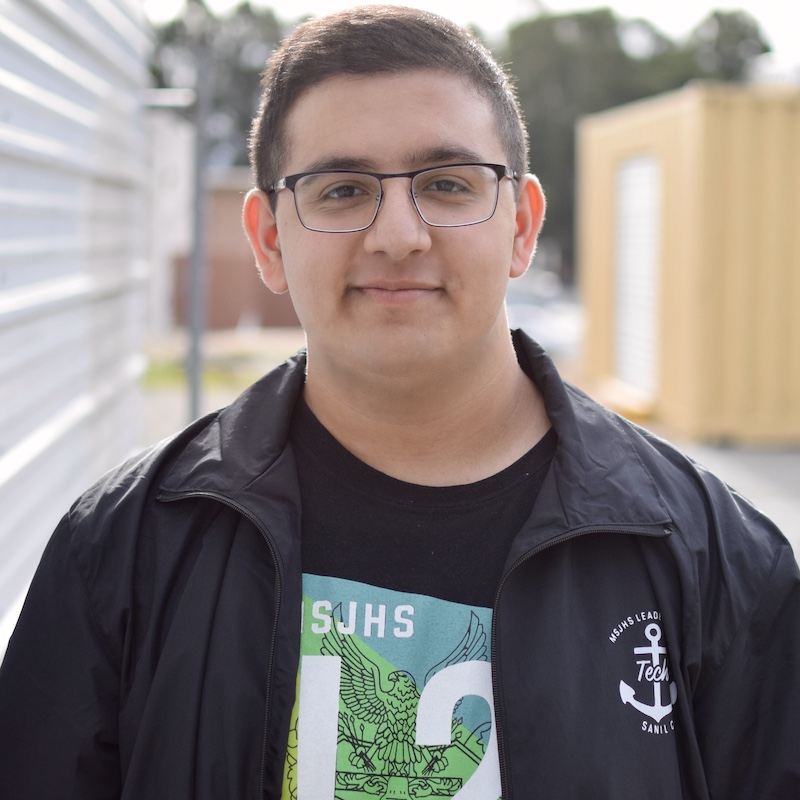Moziah Bridges was 9 years old when he decided he wanted to start wearing bowties like his father; however, he found that there were no bowties on the market that matched his style.
To solve this problem, his grandma taught him to hand sew his own bowties. This way he could use any fun pattern he wanted to fit his unique style. Once he got the hang of sewing and realized that other people were taking an interest in his bowties too, he started his company – Mo’s Bows – to sell his bowties through.
Since then, Mo’s Bows has been extremely successful and has gained multiple nationwide recognitions.
When Bridges was 15, he took his business to Shark Tank where he earned a $50,000 investment and mentorship of John Daymond, which he is still receiving now.
Now, Moziah is 21 years old, and has expanded his business to include neckties, pocket squares, and face masks all in both youth and adult sizes. Bridges plans to continue making his business the best it can be by adding all different kinds of accessories in hard-to-find styles.
Mo’s Bows has an actual store in Memphis, but it also has its own online website and an establishment in retail stores all over the country.
I love this story because I think Bridges exercised a very smart undertaking for his age.
My marketing professor teaches that “if you can’t be first, find a way to be first.” This means that if you can’t be the first business in a certain industry on the market, find something that will set your business apart and make you the first. In this case, Bridges became the first specialty bowtie business; not the first bowtie business. Not only is it awesome that Bridges was able to understand a concept like this, but the fact that he was only 9 years old makes it even more amazing.



 Meet Ripleigh Maring, the 13 (now 16) year old flavor alchemist behind Ripleigh’s Creamery. During the pandemic, wwhile most of us were enjoying the usual chocolate and strawberry, Ripleigh was busy crafting a menu that reads like a tale of daring creativity. With flavors like Hot Wings and Maple Bacon Caramel, she didn’t just break the mold; she shattered it into a million delicious pieces. In her shop, each flavor is a masterpiece, some a blend of sweet nostalgia and surprising twists. Imagine diving into a bowl of Old Bay Kettle Corn or indulging in the whimsy of Cotton Candy. Ripleigh’s creations aren’t just ice cream; they’re experiences that can transport you to a world where taste knows no boundaries.
Meet Ripleigh Maring, the 13 (now 16) year old flavor alchemist behind Ripleigh’s Creamery. During the pandemic, wwhile most of us were enjoying the usual chocolate and strawberry, Ripleigh was busy crafting a menu that reads like a tale of daring creativity. With flavors like Hot Wings and Maple Bacon Caramel, she didn’t just break the mold; she shattered it into a million delicious pieces. In her shop, each flavor is a masterpiece, some a blend of sweet nostalgia and surprising twists. Imagine diving into a bowl of Old Bay Kettle Corn or indulging in the whimsy of Cotton Candy. Ripleigh’s creations aren’t just ice cream; they’re experiences that can transport you to a world where taste knows no boundaries. But Ripleigh needed a little something more, so she introduced seasonal flavors and continues to embrace the changing seasons with zest. Pumpkin Spice Cheesecake and Caramel Frappe are just two of the many flavors on her current fall menu. These seasonal delights aren’t just flavors; they’re a celebration of entrepreneurship’s adaptability, reminding us that innovation knows no time or season.
But Ripleigh needed a little something more, so she introduced seasonal flavors and continues to embrace the changing seasons with zest. Pumpkin Spice Cheesecake and Caramel Frappe are just two of the many flavors on her current fall menu. These seasonal delights aren’t just flavors; they’re a celebration of entrepreneurship’s adaptability, reminding us that innovation knows no time or season.


